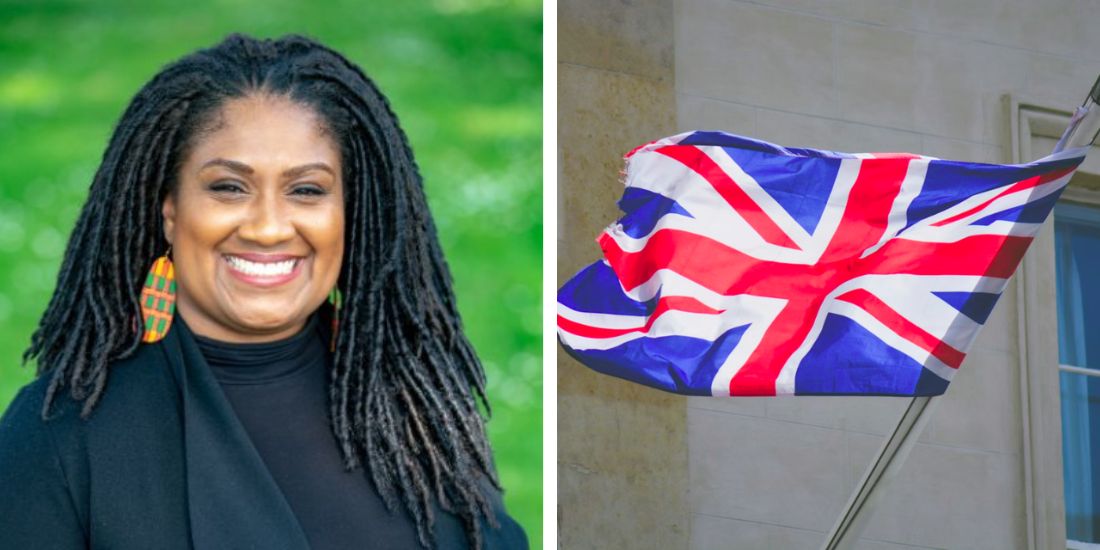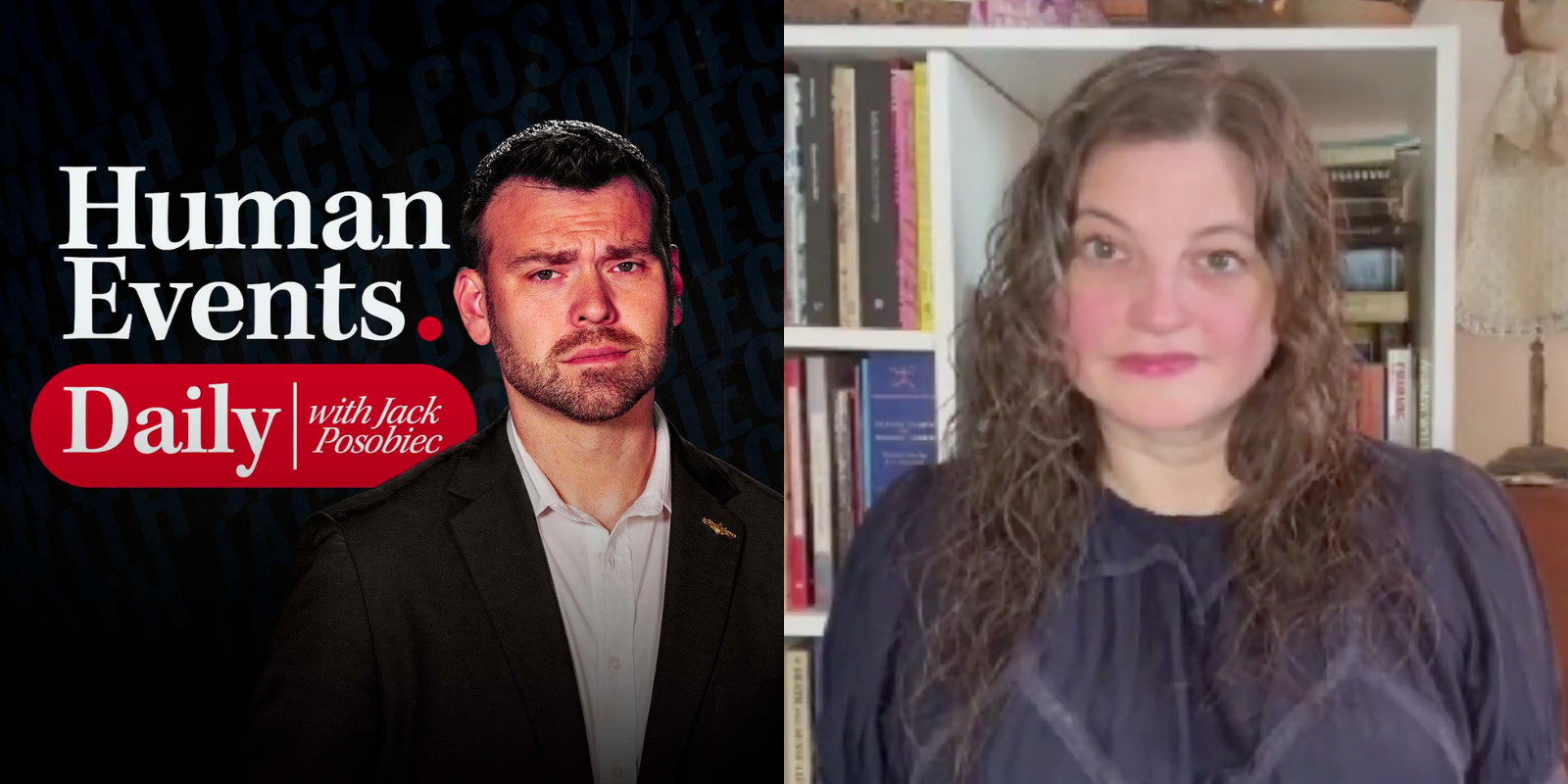This article originally appeared on watchdog.org.
WASHINGTON, D.C. ??? Progressives and public interest advocates were optimistic when Tom Wheeler tapped long-time agency critic and pro-net neutrality advocate Gigi Sohn to be a member of his new staff at the Federal Communications Commission in November 2013.
Critical of Wheeler???s past history as a wireless and cable industry lobbyist, the groups saw the move as a signal that Wheeler, as incoming chairman of the FCC, would be willing to engage his skeptics with a sympathetic ear.
Now as Wheeler navigates the net neutrality debate that has dominated much of his tenure, free-market advocates worry their opponents are gaining an unfair advantage in shaping policy thanks to Sohn???s own ties to the public interest tech policy community, which mainly consist of progressives who seek to turn the Internet into a public utility.
Tech policy advocates on both ends of the ideological spectrum have fiercely debated how the FCC should best interpret its jurisdiction under current communications law, which was ultimately the basis for Verizon???s lawsuit against the net neutrality rules the commission passed in 2010.
Both sides of the debate view the other???s goals as harmful to the future growth of the Internet for businesses and consumers, but each side differs over who is a bigger threat and who has the ultimate authority over the flow of Internet traffic ??? the government or the private sector.
For progressives, corporate interests threaten the Internet???s use as a vehicle to promote freedom of expression and creativity; for free-market advocates, the good intentions of bureaucrats threaten to grow the federal government and stifle private-sector innovation.
Sohn, a well-respected communications law advocate, co-founded the progressive tech policy nonprofit organization Public Knowledge in 2001 after a brief stint at the left-leaning philanthropic Ford Foundation. Sohn led Public Knowledge as its CEO until late 2013, when she resigned for her new job at the commission.
Public Knowledge itself has received millions of dollars in financial support throughout its existence from progressive foundations such as the Ford Foundation, as well as private-sector giants such as Google, to advocate for issues such as net neutrality.
During her tenure as CEO, Sohn repeatedly expressed skepticism that free-market forces could rein in what progressives view as the media industry???s natural tendency to consolidate power.
In a blog post several months before joining Wheeler???s staff, Sohn reiterated her belief the commission should regulate broadband services as a public utility under Title II of the Communications Act of 1934.
???So neither Public Knowledge nor I are giving up on Title II,??? wrote Sohn, ???We still think it is the soundest option for legal and policy reasons should Verizon ultimately prevail.???
???But what is really most important from our perspective is ensuring that the FCC does not go the way of the Interstate Commerce Commission and become wholly irrelevant,??? she said. ???And if that means a Title I solution or the creation of a new Title or section of the Communications Act, so be it.???
When a federal court ruled against the FCC???s net neutrality rules in January, both progressive and free-market advocates worried the ruling would spell doom for the future of the Internet, setting in motion the net neutrality debates that have raged on for most of the year.
While Wheeler???s office declined to comment on Watchdog.org???s story, an FCC official said Sohn does not play a policy making role on Wheeler???s staff, which is composed of employees with a diverse range of government, industry, and legal experience.
But Sohn???s particular role as special counsel for external affairs places her in a unique position within the agency to engage in outreach efforts, and by her own account, is part of the policy process.
According to a profile on Sohn in her law school alma mater???s law journal, as ???overseer of external affairs at the FCC, Sohn deals with any matter touching the public.???
???Her portfolio includes planning Wheeler???s outside events and maintaining relations with Capitol Hill and the White House,??? reported Fredda Sacharow, author of the profile, which appeared in the Penn Law Journal Summer 2014 issue.
???E-mails and phone calls bounce back and forth with the public interest technology policy organizations she worked closely with for many years, as well as with representatives of Common Cause, the American Civil Liberties Union, civil rights and educational groups, and industry insiders ??? anybody with a stake in communications and the rules that govern it,??? wrote Sacharow.
Since joining the FCC, Sohn has stayed true to her convictions, she tells Sacharow, although she admits her time at the agency has forced her to make some personal adjustments.
???I???m an advocate at heart, but I believe in the mission of the agency,??? Sohn told Sacharow.
???That means I???ve had to switch gears and be a team player, and work toward making policy from the inside. It means I don???t necessarily get my way. It???s been an interesting test for me,??? she said.
It???s those convictions that are making free-market advocates such as Mike Wendy uneasy. During both public comment periods this year about the commission???s newly proposed net neutrality rules, Sohn was one of the faces of Wheeler???s administration speaking to the public.
During protests outside the FCC on May 15 and July 1, Sohn was filmed encouraging pro-net neutrality activists who have called for stricter regulations of broadband providers.
According to a filing with the commission by the progressive nonprofit organization Free Press, Sohn was one of several staff members in attendance during a meeting pro-net neutrality activists held with Wheeler on May 15.
Wendy, director of the free-market nonprofit, MediaFreedom.org, posted on his YouTube account a version of the video he edited, including in it footage of Sohn clapping along to the protesters??? drum circle, to raise questions about whether her outreach efforts were neutral.
In an interview with Watchdog.org, Wendy said free-market advocates opposed to net neutrality and Title II regulation have been watching Sohn for years espouse net neutrality and Title II as her policy goals, and they see her recent actions while on staff at the FCC as trying to achieve those same goals.
???Having her in the hen-house so-to-speak, that was of great concern,??? said Wendy, whose organization, according to MediaFreedom.org???s website, ???is supported in part by communications industry and foundation contributions.???
Wendy said that in seeing Sohn clap along with the protesters he did not ???sense a great promotion of market-based principles and support of that, but instead just the opposite.???
???She???s not doing that for us, she???s doing that for them,??? said Wendy, referring to the pro-net neutrality activists, ???and that???s a concern.???





